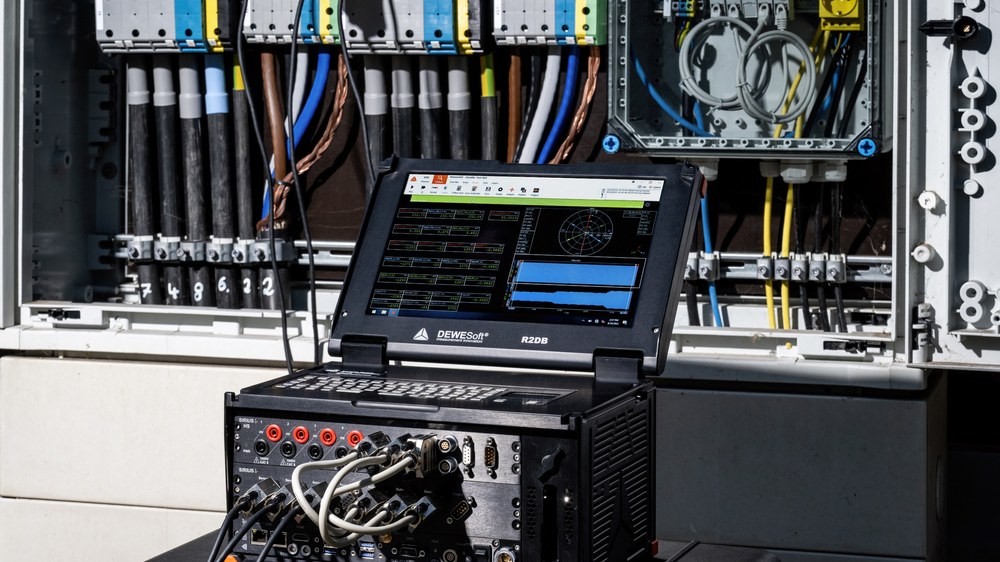Energy Systems Technology
The Energy Systems Technology department focuses on the interaction between system-relevant technologies within decentralised networked structures, particularly at the low-voltage and medium-voltage level.

The energy transition is fundamentally changing the operation of electricity grids: more and more new participants are being connected on both the generation and consumer side, while grid expansion often fails to keep pace. As a result, grid operators often have to make expensive interventions (redispatch). This increases system costs and jeopardises the acceptance of the energy transition.
Against this background, the Flexibilities and System Ancillary Services research group is investigating which tools, operational management strategies and additional infrastructure are required in order to operate the electricity grids in a stable, reliable and robust manner. Preventive and curative grid management measures offer possible solutions. At a preventive level, the group is optimising methods for forcasting electricity demand and generation, including the use of artificial intelligence. The aim is also to optimise electricity transport across the various grid levels. At a curative level, the group is researching which security systems are necessary to compensate for grid overloads in the short term, for example by using battery storage systems. To this end, the research group uses modelling that can be validated under realistic conditions in the institute's own research laboratory for electricity grids DLR_NESTEC.
For example, the group is modelling the interaction between hydrogen and electricity grids. At the Huntorf compressed air storage power plant near Oldenburg, it is researching how hydrogen-fuelled control power plants can help stabilise the electricity grids and bridge longer phases without sufficient renewable energy supply. The short-term integration of surplus electricity into the heat supply is the subject of a project at a district heating power plant in Bremen. The group is investigating how electric car batteries can reduce the load on the grid by feeding energy back into the grid.
